The Legal Battle Surrounding XRP and Ripple Takes an Interesting Turn
– John Deaton, founder of CryptolawUS, and Bill Morgan, an Australian Lawyer, discuss the notion of XRP holders and Ripple forming a “common enterprise,” an important aspect of the SEC’s claims.
– Deaton presents his perspective, highlighting his commitment to fighting against the SEC’s perceived overreach in the crypto space.
– Deaton argues that most first-time XRP buyers were unaware of Ripple’s existence and invested in XRP for its technological advantages.
– Deaton supports Judge Torres’ ruling, stating that the SEC failed to establish a common enterprise between Ripple and XRP holders.
– Bill Morgan endorses Deaton’s point and highlights the example of XRP holders who loaned their tokens and suffered losses independent of Ripple and other XRP holders.
Implications of Judge Torres’ Ruling
– Deaton emphasizes the importance of Judge Torres’ ruling and predicts a tough battle for the SEC to reverse it.
– The ruling states that XRP holders can make profits or sustain losses independently of Ripple or other XRP holders.
– Deaton argues that the SEC’s claim of horizontal commonality between Ripple and all XRP holders is negated by examples like the Celsius bankruptcy case.
Hot Take: The Complexities of the XRP Legal Battle
The ongoing legal battle surrounding XRP and Ripple is multifaceted and continues to evolve. John Deaton and Bill Morgan present compelling arguments against the SEC’s claims, highlighting the absence of a common enterprise between XRP holders and Ripple. Judge Torres’ ruling supports this perspective, and the examples provided by Deaton further weaken the SEC’s case. As the legal battle unfolds, it will be interesting to see how these arguments hold up and what implications they may have for the future of XRP and the crypto space as a whole.

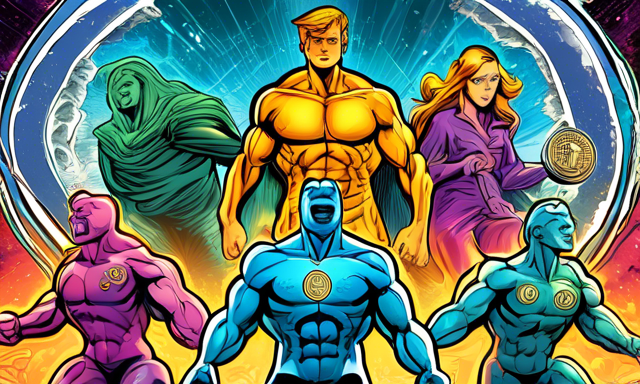
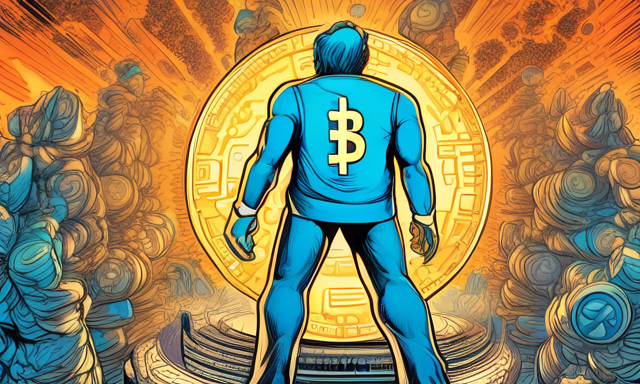
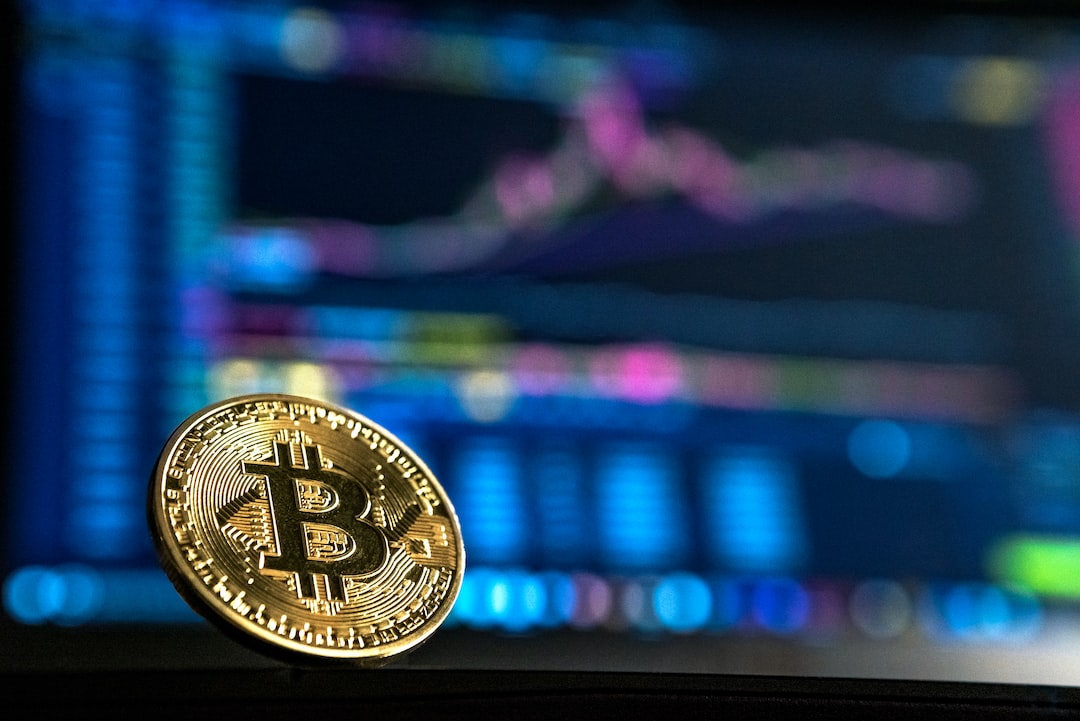
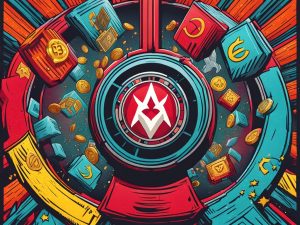
 By
By
 By
By
 By
By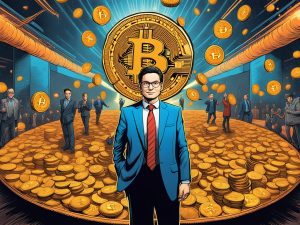
 By
By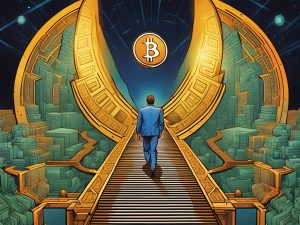

 By
By